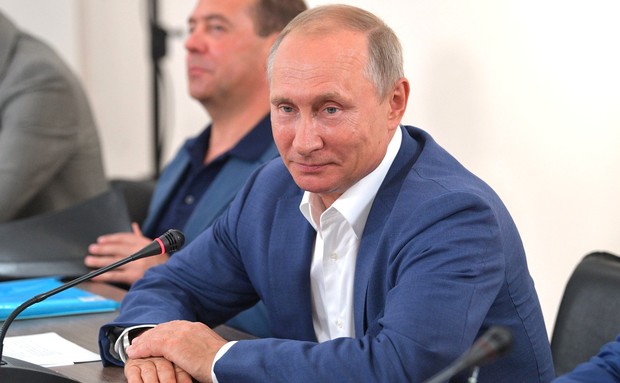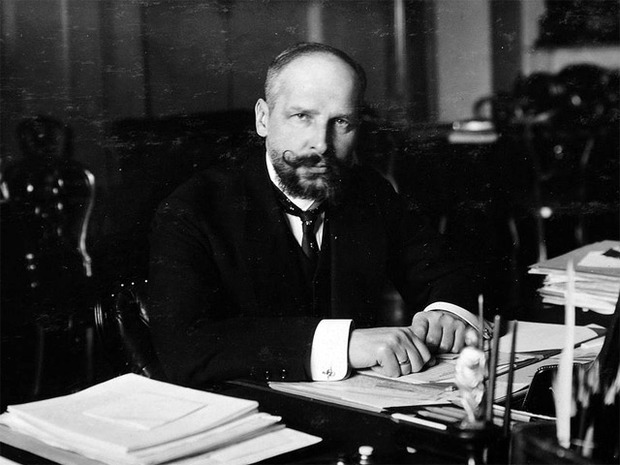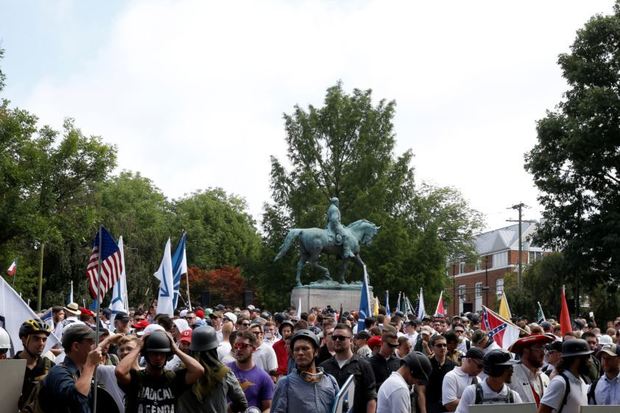Valery Solovey: ''The style of Russian politics in all spheres — ''it will resolve by itself''
The famous political expert tells about real and imaginary risks of our government
In the final part of the interview with Realnoe Vremya, a historian, political expert and publicist Valery Solovey told what Vladimir Putin is not going to do in his fourth presidential term, why the centenary of the Russian revolution is being relegated to the background and why a federal state is more stable than a unitary one. The first part of the interview is available here.
Feel the bottom, get used to it, settle in
If we assume that Putin runs for president and wins the election — what are the first, that is, the most urgent unpopular, decisions in the economy he should take after inauguration?
There is the so-called normativity approach, which proceeds from what needs to be done. It is necessary to carry out reforms. It's been talked about it for a long time — everyone perfectly knows what reforms and how to carry them out. There is the second approach: what is likely will be done on the basis of previous experience of Putin, from what we know about him. I think that nothing, with the exception of personnel changes, which do not necessarily entail a change of the policy.
But there are things that, according to the logic of ''systemic liberals'', brook no delay and which are more convenient to be started after the election (but not before).
What are they?

''Judging by what have happened to us in the last two years, Mr Putin has refrained from actually making decisions. It is now the style of Russian politics in all fields: no need to rush, may be it will resolve by itself.'' Photo: kremlin.ru
Raising the retirement age, for example.
This can be safely postponed, too. Judging by what have happened to us in the last two years, Mr Putin has refrained from actually making decisions. It is now the style of Russian politics in all fields: no need to rush, may be it will resolve by itself. Our economic strategy is based on the notorious Russian ''maybe it will resolve''. After all, if to do something, it can get worse. We should hope that the situation will change for the better. After all, one can't say that they are wrong! We got used to it well. Felt the bottom, laid down, got used to it, settling in. Everything is fine. For the elite, now in power, the risk of change is far greater than the risks of maintaining the status quo. They do not want changes.
Maybe Putin will change the government's composition in May. Maybe he will not. Probably there will be made some broadcast statements, but, most likely, everything will remain the same. What is for certain is the rumours about changes that are spread from time to time purposefully. This cover operation is in order to reassure liberal sectors of the society: do not worry, we are preparing reforms! In the basement of the White House there are many such projects of these reforms like Kudrin's. They are similar as two peas. There is no need to invent something new, you just can go down to the basement and get them. Everyone knows for what they are written. In order to simply ''make waves''.
The ''Russian Republic'' instead of ''Russian Federation''? It would be a huge scandal
With your permission, I'll change the subject. Don't you think that the centenary of the Russian Revolution is going unnoticed? Whose merit in that is it?
This is done intentionally. First, it is not a very good background on the eve of presidential elections, and second, the revolution seems too dangerous way for the authorities to resolve the contradictions. Therefore, it prefers to silence the subject, or if to speak, then speak hollowly and only about the negative aspects of the Russian revolution, about the price that was paid for it.
In a recent interview, you have said that Russia can be reformed in 10-15 years. Could you give an example of such period in the history of our country, if it was.
Yes, there were. It is the period of the great reforms of Alexander II — from the late 50's to late 70's of the 19th century. During these 20 years, Russia has become in many respects a different country. It is the beginning of the 20th century, the reforms of Witte and Stolypin — despite happened then tremendous political upheaval. Now such a breakthrough can be made without shocks. It's real, and it does not need anything excessive and hyper-intelligent.

''It is the beginning of the 20th century, the reforms of Witte and Stolypin — despite happened then tremendous political upheaval. Now such a breakthrough can be made without shocks.'' Photo: gefter.ru
Are first Stalin's five-year plans not a breakthrough?
They are, but it was paid too much. Russia is not able to pay such price anymore, we had no excess of people. Moreover, we have a shortage of people. I think that in Tatar families the birth rate is hardly higher than in Russian ones, at least in big cities. All my friends-Tatars have one or two children in the family, not more.
Why is Russia called a ''federation'' when it obviously has a unitary character of the state system? Does this make any sense?
Because to change its name from ''the Russian Federation'' to ''Russian Republic'' would be a huge scandal. Although Russia is now de facto unitary state, well, maybe with the exception of Chechnya. But in the future Russia has a great potential of development of federal relations and building a genuine federalism. Our country is too large and complex to be unitary. In Russia, the regions should have much more authority than now. All of them — republics within the Russian Federation, krais and oblasts. It is a question of efficiency, not ideology.
One of the laws of the systems theory says that the more complex the system is, the more stable it is. But we try to simplify this system. To deprive it not only of originality, but even minimal shades. This is fundamentally a flawed and misguided policy.
You tell that all the regions should have more powers. Should the republic get even more powers? That is, should the federation that you're talking about to be asymmetrical?
I am inclined to believe that, most likely, it will be symmetrical federation with some symbolic privileges for the republics. The volume of real economic and financial powers should be more or less equal. Then everything will be very simple: there are regions of rich and poor. If you're rich region, then you spend more on yourself. If poor, you can count on subsidies. It is clear that the regions should remain more significant part of the proceeds than it is now. They should have incentives for economic growth, social protection, in order to attract investors.

''In Charlottesville, on the surface there was white racism, but there is a vast and very influential black racism. It is ignored. Besides, there is a political dimension to this conflict, the clash of the supporters of Trump right-wing and the Democrats, and the fundamental cultural dimension.'' Photo: svoboda.org
America will not collapse for sure
The events in Charlottesville — what was that?
It is a manifestation of several very serious conflicts, including racial, which in the United States has long been growing. In Charlottesville, on the surface there was white racism, but there is broad and very influential black racism. It is being ignored. Besides, there is a political dimension of this conflict, the clash of right-wing supporters of Trump and the Democrats, and the fundamental cultural dimension.
All of this, I think, fits into the general vector of changes in the American identity. The foundations of the American nation are seriously changing, which we knew and which were formed from the 60's of the last century, after overcoming racial segregation. Charlottesville is an evidence of deep changes, and it is not yet clear in what direction.
Such shifts cause a lot of internal stress. But it will not lead to a division in the American nation. The Americans are very dynamic, flexible, adaptable nation. In Russia there are always conspiracy theorists who tell you, well, now America will collapse under the weight of its own mistakes and crimes. But it will not collapse for sure.
Should the Russian authorities prevent the registration of right-wing American resources in the domain zone ''.ru'' in order to avoid reputational losses?
It is a natural for the modern world political migration, the resources go where they are not blocked. A number of Russian political organizations, nationalist ones and just opposition, are also registered in other domain zones because they are blocked in our.
Of course, it is possible to present it with political overtone, saying that Russia in its domain zone attracts racists. In America, where all political ties with Russia, real or imaginary, are being considered under the microscope, it isanother reason to blame Trump: look, the alt-right have supported Trump, and that' where these racists are now! But I believe that all this is contrived. It is impossible to make any political conclusions from there.